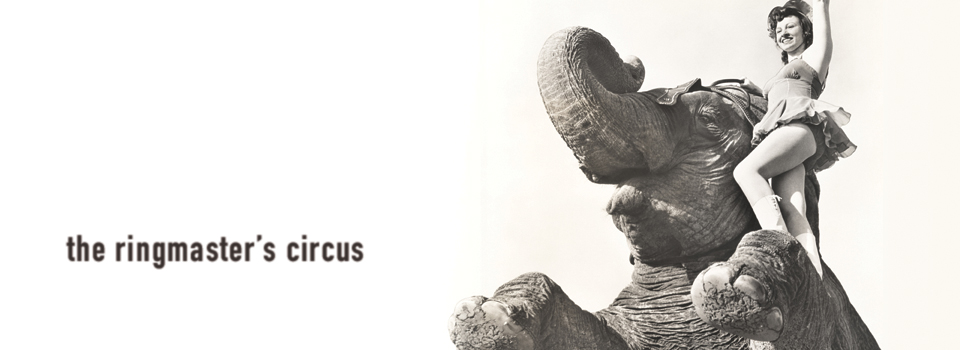Saturday, 31 August 2013
Bali Nights
Labels:
Art Gallery,
Digital Art,
Photography,
Travel
Location:
Bali, Indonesia
Friday, 30 August 2013
Thursday, 29 August 2013
Wednesday, 28 August 2013
Tuesday, 27 August 2013
Monday, 26 August 2013
Sunday, 25 August 2013
Saturday, 24 August 2013
Friday, 23 August 2013
Thursday, 22 August 2013
Wednesday, 21 August 2013
Tuesday, 20 August 2013
Monday, 19 August 2013
Sunday, 18 August 2013
Saturday, 17 August 2013
Friday, 16 August 2013
Thursday, 15 August 2013
Cherry Blossoms
In the spirit of the never-ending progress of technology, digital art also progresses. I myself believe that art can be created with all the means afforded to you. If, in time, those means afford you to better your art, then why not? In this spirit, I have updated older digital art I have made. I hope the new updates enhance the art.
Enjoy my updated creations.
Labels:
Art Gallery,
Digital Art
Location:
Quezon City, Philippines
Wednesday, 14 August 2013
Moon Over Angkor
 |
| The City From Afar |
 |
| Nearing The Entrance |
 |
| A Nearer View |
 |
| With The Man-made Lagoon |
 |
| In All Its Majesty |
Built between roughly A.D. 1113 and 1150, and encompassing an area of
about 500 acres (200 hectares), Angkor Wat is one of the largest
religious monuments ever constructed. Its name means “temple city”.
Originally built as a Hindu temple dedicated to the god Vishnu, it was
converted into a Buddhist temple in the 14th century, and statues of
Buddha were added to its already rich artwork.
Its 213-foot-tall (65 meters) central tower is surrounded by four
smaller towers and a series of enclosure walls, a layout that recreates
the image of Mount Meru, a legendary place in Hindu mythology that is
said to lie beyond the Himalayas and be the home of the gods.
The city where the temple was built, Angkor, is located in modern-day
Cambodia and was once the capital of the Khmer Empire. This urban center
contains hundreds of temples and a population that has been estimated
to be as high as 1 million people. It was easily the largest city in the world until the industrial revolution.
The temple is surrounded by a 650-foot-wide (200 meters) moat that encompasses a perimeter of more than 3 miles (5 km). This moat is 13 feet deep (4 meters) and would have helped stabilize the temple’s foundation, preventing groundwater from rising too high or falling too low.
Angkor Wat’s main entrance was to the west (a direction associated with Vishnu) across a stone causeway, with guardian lions marking the way. To the east of the temple was a second, more modest, entrance.
The heart of the temple was the central tower, entered by way of a steep staircase, a statue of Vishnu at top. This tower “was at once the symbolic center of the nation and the actual center where secular and sacred power joined forces,” writes researcher Eleanor Mannikka in the book "Angkor: Celestial Temples of the Khmer Empire" (Abbeville Press, 2002). “From that unparalleled space, Vishnu and the king ruled over the Khmer people”.
The temple is surrounded by a 650-foot-wide (200 meters) moat that encompasses a perimeter of more than 3 miles (5 km). This moat is 13 feet deep (4 meters) and would have helped stabilize the temple’s foundation, preventing groundwater from rising too high or falling too low.
Angkor Wat’s main entrance was to the west (a direction associated with Vishnu) across a stone causeway, with guardian lions marking the way. To the east of the temple was a second, more modest, entrance.
The heart of the temple was the central tower, entered by way of a steep staircase, a statue of Vishnu at top. This tower “was at once the symbolic center of the nation and the actual center where secular and sacred power joined forces,” writes researcher Eleanor Mannikka in the book "Angkor: Celestial Temples of the Khmer Empire" (Abbeville Press, 2002). “From that unparalleled space, Vishnu and the king ruled over the Khmer people”.
Tuesday, 13 August 2013
Monday, 12 August 2013
Sunday, 11 August 2013
Saturday, 10 August 2013
Friday, 9 August 2013
Thursday, 8 August 2013
Wednesday, 7 August 2013
Subscribe to:
Comments (Atom)




















